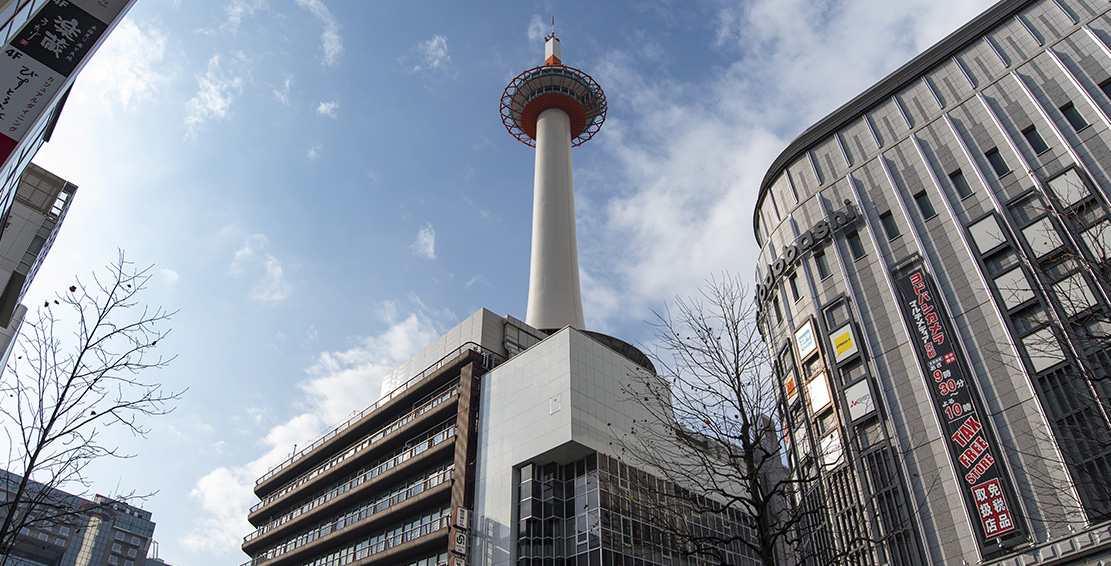
How Kyoto became the capital of new Japan and lean technology
In travel guides, Kyoto is often presented as a model city, synonymous with traditional Japan. But experts know that behind the scenes of this image is a powerful technological and engineering hub, which has been the startup centre of the whole country for more than half a century.
In Kyoto, the principle of monozukuri or sustainable production management was introduced, which tends to a lean-approach. Historically, Tokyo produced textiles, ceramics, building materials for temples, paper, and today the city has become an advanced machine of industry, information and electrical technology.
World technology giants such as Kyocera, Omron and Horiba were born in Kyoto. It was also here that Japan’s first venture fund, Kyoto Enterprise Development, was established. This creates a unique link between innovation and the need for smart capital to finance it. For startups with big ambitions, proximity to a specialized engineering and industrial base in Kansai is vital.
In general, all this forms an ecosystem, at the centre of which is the academic core. Kyoto University is among the top 30 educational institutions in the world, and among its graduates are Nobel laureates.
The large number of successful companies that have emerged from Kyoto University’s strong base has given local authorities an incentive to create large-scale support programs. State incubators involve academic experts and business leaders as consultants and help find project funding.
Miyako Capital’s Kint Venture Fund, established in 2007, also operates in Kyoto. It funds startups in technology, energy and biotechnology.